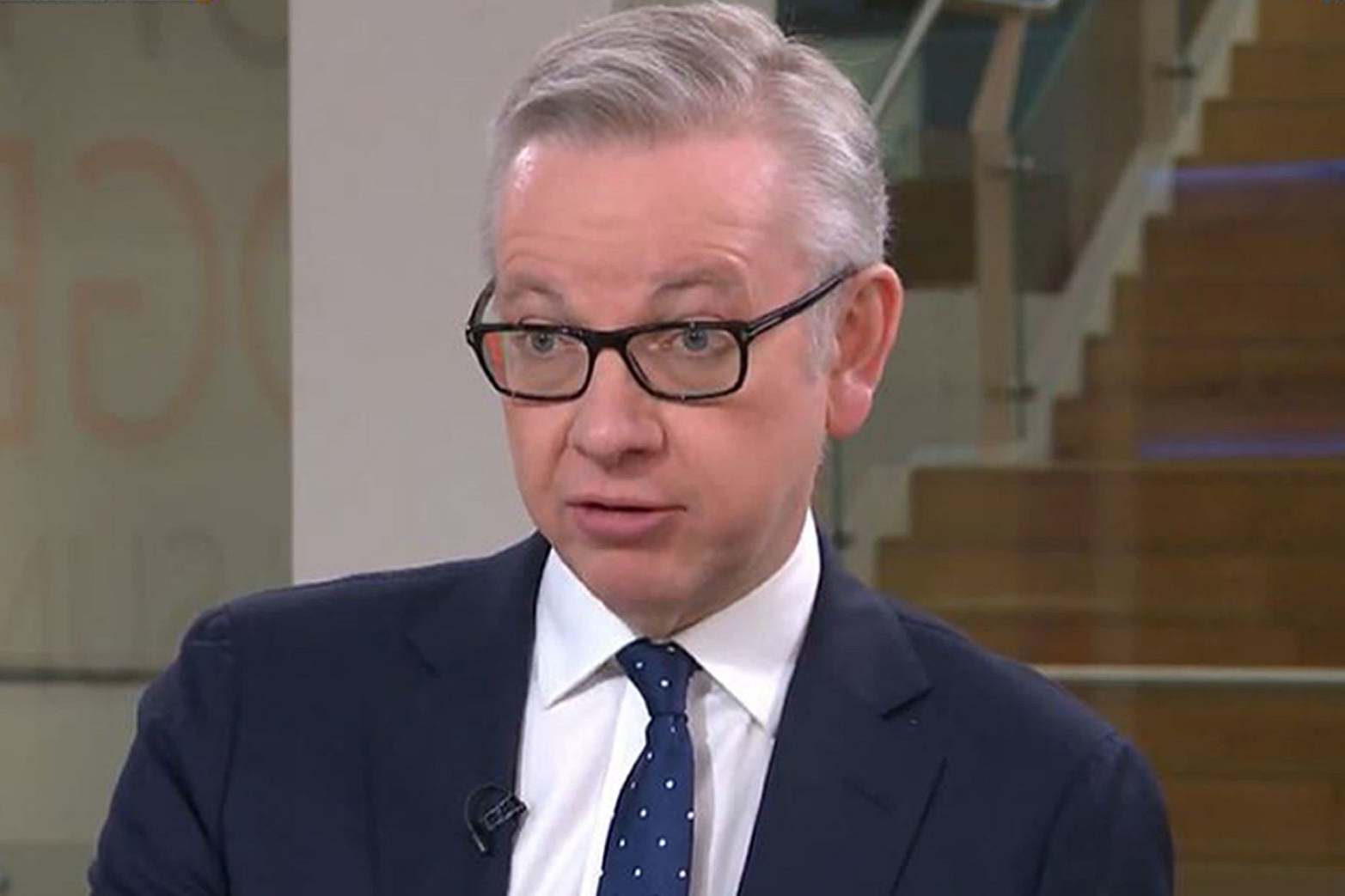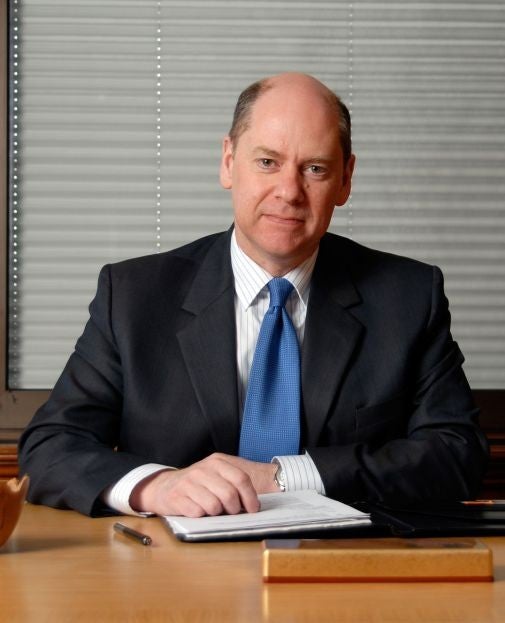Tory minister repeatedly dodges questions on secret Russia report on UK interference as pressure mounts over 'cover up'
Michael Gove insists report being dealt with appropriately, as former MI5 boss says it should be made public

Cabinet minister Michael Gove has been accused of taking part in a government “cover-up” after he repeatedly dodged questions about Downing Street’s refusal to publish a controversial report into alleged Russian interference in British politics.
Pressure on Boris Johnson over the Intelligence and Security Committee report was dramatically stepped up as the former head of MI5 said that the forthcoming general election was no reason for the government to delay publication.
A series of high-level former security and cabinet officials have told The Independent that the report should be released, while a serving agent said the intelligence and security agencies have no objections to immediate publication.
In a series of broadcast interviews, Mr Gove insisted that the ISC report was being dealt with in an “appropriate” way and would be published “in due course”. But he four times during an interview on BBC Radio 4’s Today programme attempted to steer questions away form the government’s handling of the row and onto the issue of Jeremy Corbyn’s foreign policy.
And asked on BBC1’s Breakfast why the government was sitting on the document, he replied: “I personally am not sitting on it. I’m standing here on the roof of Millbank.”
Unlike most committees of MPs and peers, the ISC cannot publish its reports without the approval of the prime minister. Its Russia report was completed in March and has gone through the process of vetting by security and intelligence agencies before being submitted to Downing Street to be cleared for release.
Number 10 has claimed that the delay in publication is due to the need for the report to be extensively scrutinised for reasons of national security. If it is not released by the time parliament rises at the end of Tuesday, it is not expected to reach the public until after the 12 December general election.
Former MI5 director general Jonathan Evans added his voice to demands for its release.
“In principle, I think it should be released,” he told the Today programme. “Part of the reason for having an Intelligence and Security Committee is so that issues of public concern can be properly considered and the public can be informed through the publication of reports once they have gone through the security process.”
Lord Evans, who led the security service from 2007-13, added: “If the government had a reason why this shouldn’t be published before the election, then I think they should make it very clear what that reason is.”
Asked whether the imminent election itself was a reason to delay publication, he replied: “I can’t see why it would be, from my perspective.”

Mr Gove told the programme that the report was “going through appropriate procedures”, adding: “I think it’s been lodged with Number 10 and I think it will be published in due course.”
The chancellor of the Duchy of Lancaster said he had not personally seen the report and did not know when it would come out.
Accused by interviewer Mishal Husain of “continuing to dodge a question which is absolutely germane to voters,” Mr Gove replied: “I don’t have anything to do with this report.”
Liberal Democrat foreign affairs spokesman Chuka Umunna said: “Michael Gove insults the public’s intelligence. It is quite clear the Government is not following the usual process here. It reeks of a cover-up.”
The ISC inquiry is believed to have looked at claims of Moscow’s attempts to influence the Brexit campaign and Russian money going into UK institutions including sizeable donations made to the Conservative Party.
ISC chair Dominic Grieve has said he cannot think of any reason why Mr Johnson should wish to hold back publication.
“It seems to us that this report is germane because we do know – and I think it is widely accepted – that the Russians have sought to interfere in other countries’ democratic processes in the past,” said Mr Grieve.
“The protocols are quite clear. If the prime minister has a good reason for preventing publication he should explain to the committee what it is, and do it within 10 days of him receiving the report. If not it should be published.”
Join our commenting forum
Join thought-provoking conversations, follow other Independent readers and see their replies
0Comments